Juneteenth commerates the emancipation of enslaved African Americans. The first Juneteenth was celebrated on June 19, 1865 two years after the Emancipation Proclaimation was signed into law by President Abrham Lincoln. Union troops came to Galveston, Texas and announced freedom to all. Over 250,000 African Americans declared that June 19th be called Juneteenth or Freedom Day. Those Texans looked forward to the promise of freedom and liberty for all.
How the Word is Passed by Clint Smith.
In this nonfiction work, Smith takes readers on a journey to explore how slavery has shaped society and our collective history. Starting in his hometown of New Orleans to the plantation home of Thomas Jefferson, Galveston Island and to New York City. Clint Smith interweaves his research along with stories from the people who work and visit the historical sites. This is an important work that showcases how slavery is still a part of the American identity.
Recommended by staff.
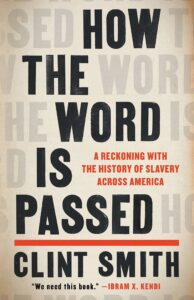
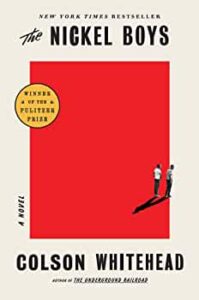
The Nickel Boys by Colson Whitehead.
Elwood Curtis lives by the teachings of Dr. Martin Luther King Jr. As Elwood begins college an accident causes him to be sent to the Nickel Academy. The Academy is a horrific place and Elwood has to find a way to survive as well as keeping his integrity.
Frederick Douglass: Prophet of Freedom by David W. Blight
A new definitive biography of Frederick Douglass. Blight takes a new approach to learning about Douglass’s life from his days as an enslaved person to one of the most fammed man of his time. Douglass was taught how to read while enslaved and in 1838, Douglass escaped to freedom. After marrying his wife and moved to New Bedford Massachusetts, Douglass began using his narrative to help end slavery.
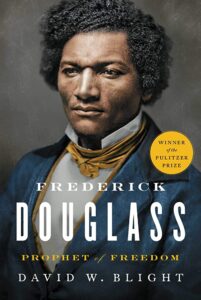
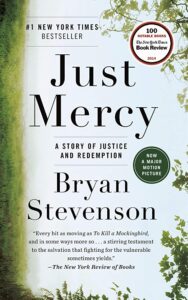
Just Mercy by Bryan Stevenson.
Byran Stevenson’s memoir, Just Mercy is a small part of his work for helping the wrongly convicted. He talks about setting up the Equal Justice Initative in Alabama after graduating from Havard Law School. The majority of the memoir centers arounf one of his first cilents. Walter McMillian was placed on death row for a crime he didn’t comitt. Stevenson describes his time working with McMillian along with remarking the death sentence policies.
Recommended by Staff.
Invisible Man by Ralph Ellison
One of the greatest opening lines in literature “I am an invisible man”.
Ellison’s work follows an unnamed narrator talking about his life. He recounts stories from his youth in the South and at college, his move to New York City and his time spent with The Brotherhood.
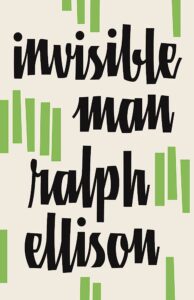
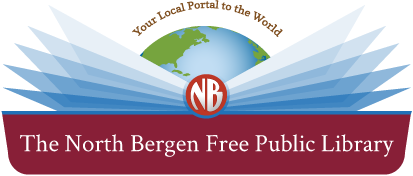

Recent Comments